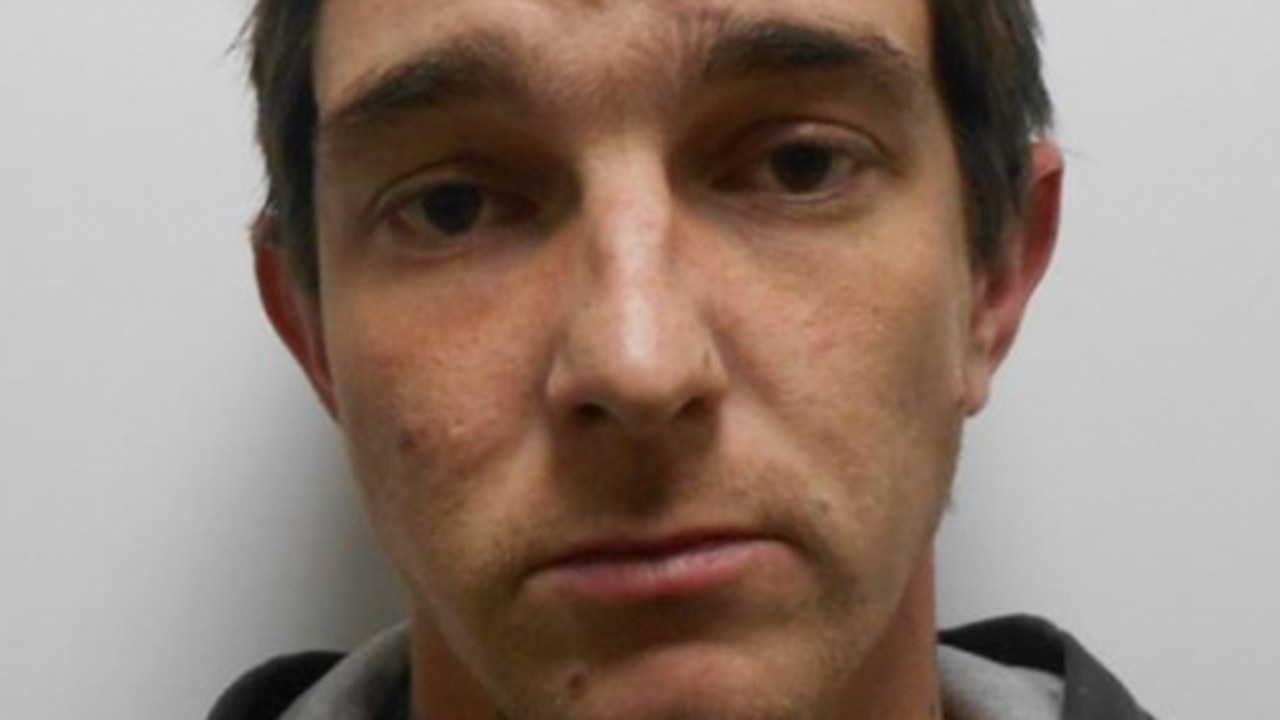‘Proven to fail’: Annastacia Palaszczuk’s hard line on youth crime slammed by advocates and academics
The Premier’s tough-on-youths plan has been branded a ‘knee-jerk reaction’ that will only increase the number of young offenders.
NewsWire
Don't miss out on the headlines from NewsWire. Followed categories will be added to My News.
Youth justice advocates and academics say the Palaszczuk government’s sweeping reforms in response to a juvenile crime wave in the Sunshine State will do little to reduce offending.
The experts are concerned the raft of new measures are a “knee-jerk reaction” to an infuriated community devastated by a spate of horrific tragedies involving minor offenders and will neither keep Queensland communities safe or help prise disadvantaged kids from a life of crime.
Premier Annastacia Palaszczuk on Tuesday revealed new laws that would lead to repeat offenders being slapped with GPS tracking devices on their ankles as well as tougher bail conditions to ensure more juveniles are kept in custody.
A taskforce was introduced following deafening community backlash after the death of a pregnant couple killed on Australia Day while walking their dogs allegedly at the hands of a teen behind the wheel of a stolen car.
“The community expects us to do more and that is exactly what we will do,” the Premier told reporters, announcing she will appoint Assistant Commissioner Cheryl Scanlon to take charge of a youth crime taskforce.
RELATED: Palaszczuk reveals response to youth crime crisis

“Families have been shattered and lives have been lost. And that is why today we are taking very strong action.”
But there are fears the new policies will lock young offenders into the justice system and cause a greater frequency of dangerous criminal activity, according to Indigenous incarceration advocacy Change the Record executive officer Sophie Trevitt.
“The real risk here and the trap that the Queensland government has fallen into is that they have made this knee-jerk reaction that is taking us back to an approach that has already been proven to fail,” she told NCA NewsWire.
Ms Trevitt is concerned the response is worse than a band-aid solution.
“It's actively putting money into systems that hurts kids and make the overall community less safe,” she said.
“They should be investing in the programs which we know work.
“The real work for the government is to look at the drivers of this behaviour and look at government systems like the child protection system, the education system and the health system.
“What needs to change within these systems to keep these kids out of trouble, not just further entrench them in a broken justice system that isn't working anyway.”
Griffith University professor Ross Homel has been teaching and researching criminology and criminal justice for 30 years and says it’s depressing how little has changed in three decades.
He said the same failures of the system still existed because policy creation refused to address why disadvantaged children were sucked into a life of crime, with government reaction too easily seduced by a tough-on-crime approach.
“These kids didn't get to commit these sorts of offences out of nowhere — there’s a long history,” Professor Homel told NCA NewsWire.
“We've got to introduce programs in community or detention centres which look at the psychological factors that are influencing their behaviour.”
Professor Homel said the children committing these crimes were victims themselves of horrific trauma from prior sexual or physical abuse, neglect, or having been exposed to family violence.
“These are characteristic of nearly all of these serious repeat offenders, they've all been badly damaged in their upbringing,” he said.

“They come from chaotic and unpredictable family environments often where they have to learn very early to survive and fend for themselves where they may not even have enough to eat.”
The disadvantage for many of these children began even before they were born as sufferers of foetal alcohol spectrum disorder, Professor Homel said, which creates major developmental and behavioural issues.
More than a third of the children in detention in Western Australia suffer from this condition.
“These kids are very damaged,” he said. “And whether or not you’re a bleeding heart liberal or if you just think we need to get tough to protect the community, it doesn’t matter.
“We still need to do something about the causes.”
The leading criminologist said he understood the community heartbreak and demand to introduce instant change but insisted the next conversation must be on preventive measures “once the heat dies down”.
“It's depressing to keep teaching and researching the same issues when we’re not seeing organised action,” Professor Homel said.
Originally published as ‘Proven to fail’: Annastacia Palaszczuk’s hard line on youth crime slammed by advocates and academics



